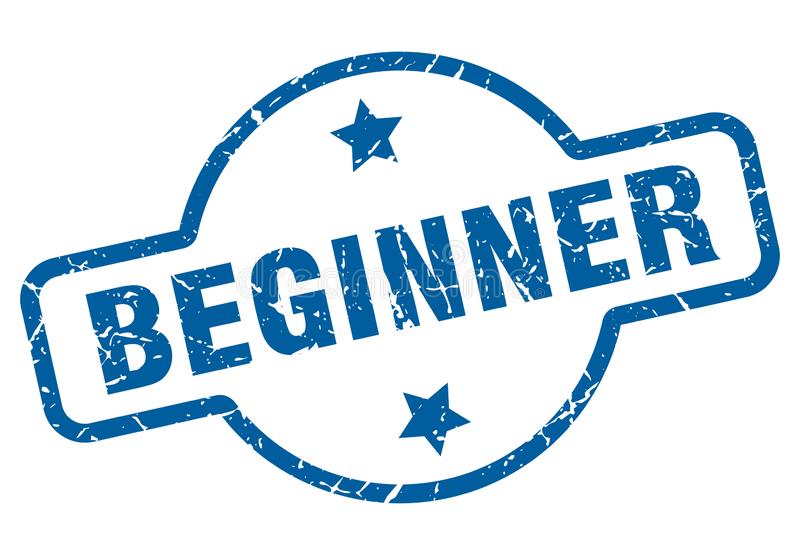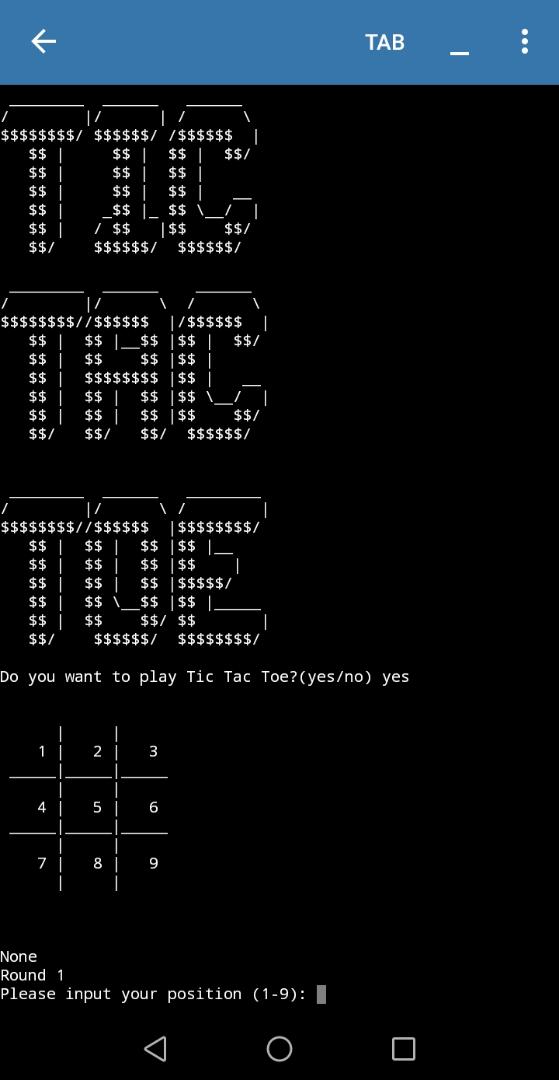In my opinion, there are 3 phases in programming, i.e., beginner, intermediate and advanced. In this post, I will be covering my journey through the first two phases.
Beginner

This phase generally covers two parts for everyone who has just started programming.
Starting Programming
To start programming, you should pick a new programming language to learn. You can refer to this post for my advice on picking a language to learn as well as some guides on where to learn them.
After knowing the basics
It’s kinda hard to define when you know the basics. But for me, I consider myself to know the basics when I know the following:
- Printing hello world
- Conditions (if else)
- Loops (for & while)
- Basic structures (array / list & dictionary if you’re learning python)
- Functions
# Python's way of printing hello world
print("Hello world")
// C++ 's way of printing hello world
#include <iostream>
int main(void) {
std::cout << "Hello world" << std::endl;
return 0;
}
Okay cool, what’s next? Clearly, there are still a lot of topics beyond these basics, including but not limited to:
- Recursion
- Object Oriented Programming
- Functional Programming
- More data structures
- Algorithms
- Domain-specific knowledge (e.g. networking, data analytics, AI, web development)
and the list goes on…

But before that, I do recommend beginners to do something simple! For instance, have you every tried writing a calculator app? Maybe a Black Jack app? Or even something slightly harder like tic tac toe, caesar cipher, pascal triangle! Remember one important thing, practice makes perfect. If you keep on learning new concepts without applying them, you will not remember.
After you’re more familiar of these concepts, I’d recommend you to follow the list above and you’ll eventually find your way out of beginner phase.
Websites to practice
Here I’ll include a list of websites which I find useful for beginners to practice programming skills on:
-
This website mainly provides mathematical programming problems
-
There are a lot of programming problems in this website, ranging from easy to hard. Very suitable for general programming problems.
Those are the websites that I have experience before, but there are definitely more websites that can provide programming problems! You can find more on this Freecodecamp post.
Intermediate

When do I think that I am at intermediate level? For me, when I feel like I’m at this level when I have:
- understood Object Oriented Programming (and implementing it)
- learned several differnt types of programming languages (object-oriented, functional, static-typed, dynamic-typed…)
- carried out several projects (Some of my projects)
- learned some algorithms (sorting, selection, trees…)
and most importantly, I feel more confident of my own programming skills! I believe you have already heard of this Dunning–Kruger effect. So when I started to feel confident again, I believe I’m on the right track of improvement and moving into improvement.
Characteristics
I find some specific characteristics in this phase:
- Gaining confidence
- Can learn other languages quickly (unless it’s a language of another domain like Matlab, Prolog, Assembly)
- Learned some domain-specific knowledge
Improving
Currently, I find myself in this phase and some of the ways which I find improving the quickest are these:

-
Start a project
When you do a project, it means that you’re improving your skills and exploring more concepts. Of course, the question always boils down to what project?
As for me, I always think that the best project would be a project that solves your own problem. For example, I created a desktop application, Pomodoro Timer because I needed a way to make sure I don’t stare at screen for too long!
-
Read a book
Regardless of what level you are, reading a book will always benefit you! At this point, beginner’s books normally will give less benefit than a deeper book. In this context, I do have some recommendations too:
-
CLRS’ Introduction to Algorithm
This book has a good reputation in programming world (though its mathematics might be quite daunting). I personally have only read this book halfway, but I’ve already gained a lot of knowledge from it! An alternative to this book would be Sedgewick & Wayne’s Algorithms.
-
This is a website containing ebooks mainly for R created using markdown format. I find this website very friendly to everyone as its books are freely available! For me, I’ll normally browse this website when I am phone.
-
Effective Software Development
This is a series of books for effective programming. I’ve only read his Effective Python, and I find it very instructive.
-

-
Use Linux
Okay, I may be a little biased here (because I’m a proud Linux user). However, after using Linux, I feel a lot more confident to handle CLI and use various terminal commands. To me, to be a good programmer, you should at least be able to handle the terminal. Besides, after using Linux, I become more familiar with various concepts like partitions, and get to use various built-in GNU tools like grep, less, cat, and not to mention pipe. More about the benefits of using Linux can be found in this post.
Advanced
Well, I myself am not in this stage, so I’m not sure if my opinion is right or wrong. Nevertheless, here are what I thought it’d be if I have entered advanced stage.
-
Master at least one language
To be advanced programmer, you should at least master one programming language. Mastering in a language is indeed a big word. I’m not even sure how great you have to be at the programming language to be consideredd as a ‘master’. Nevertheless, I believe when you’re there, you’ll feel it.
-
Has a niche domain
There are many domains in programming like software development, webpage development, AI, data analysis and more. However, to be an advanced programmer, I think you should be particularly good in one (or more of course) domain. Subsequently, an advanced programmer should be an expert in the libraries related to the domain.
I didn’t do put much too descriptions here because these are just my assumptions.
Conclusion
These stages are all my opinions. They do not represent any facts nor standards. Actually, I believe that you can actually feel where you are and how much you have progressed yourself without having other people to tell you that. I hope that you can gain some insights from this post.